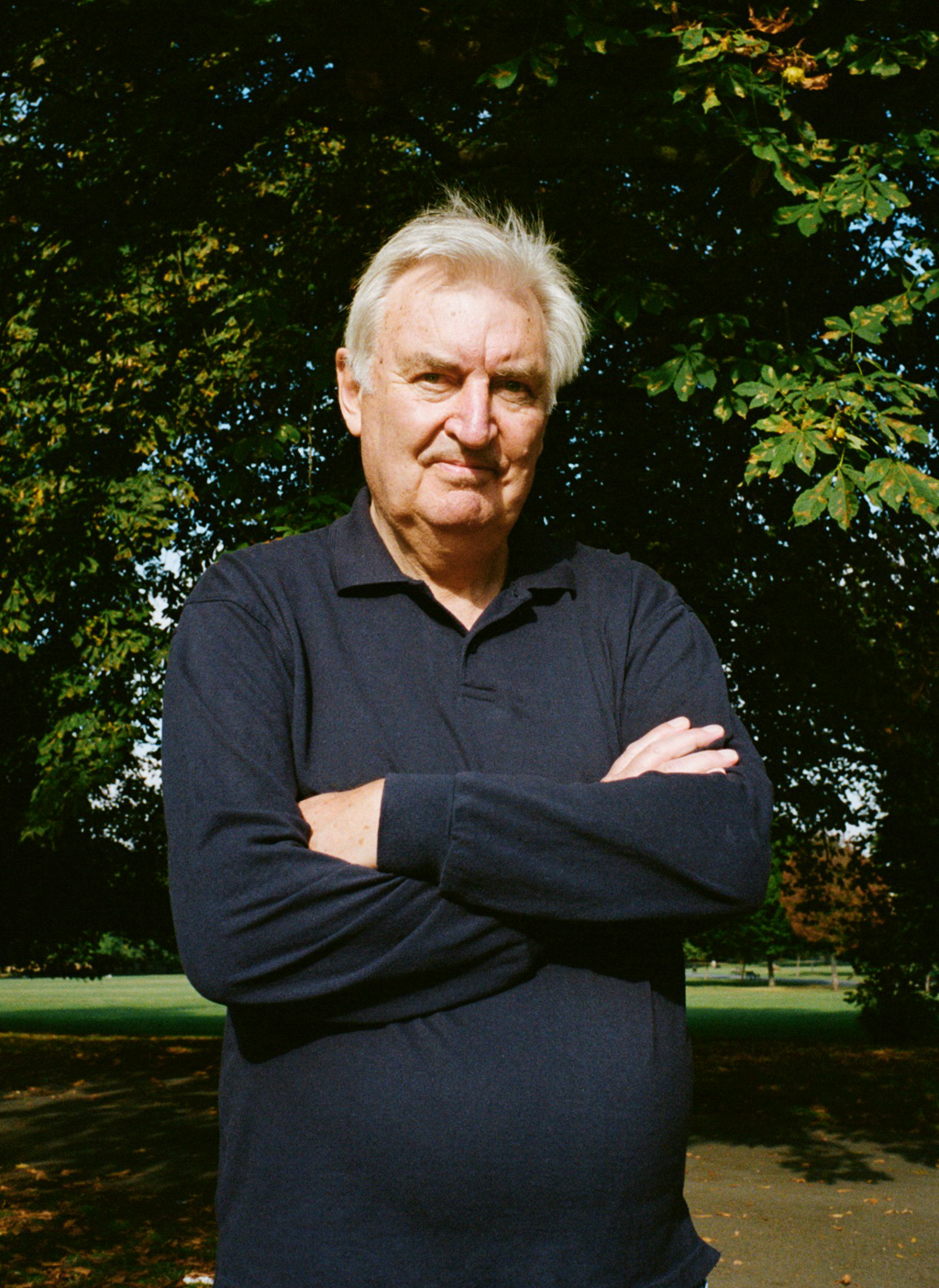Ken Worpole
There were some people who said, ‘Well why, in Ron Barnes’s book, it’s just self-pity, you know, it’s, it’s all about poverty. It’s not, it doesn’t show struggle.’ You know. And it was a different thing. It was an autobiography of someone who felt badly damaged by life.
Who was being critical about it?
Oh, you would get people on the left, you know, ‘Well what’s poetry got to do with, you know, history?’ Or, you know, ‘Why are you publishing poetry?’ That, I mean we were, we wanted this range of, of forms. I mean I’m interested, you know, I’m, because it came out of, part of Englishness as well, English as a language and as a literature, I was, you know, I liked poetry. So we were publishing poetry, autobiographical, you know, autobiography, and history as well … it did make our presence at certain kinds of history workshop meetings difficult, because, they sometimes thought we were social workers as well. We weren’t, you know… We were neither academics, serious academics, historians, nor were we class warriors.
… But there were always, you know, these unresolvable things about identity, that someone somewhere wants to actually say, well this, this is a genuine working class identify, this is a genuine black experience, this is a genuine feminist perception. You can’t do it. You have to work with all, you know, the fluidity of identity. And that was… And including an identity of forms, poetry sometimes, autobiography sometimes. You know, there’s nothing objective about history, and it’s all still, you know, whose facts were around at the time, who left, who wrote the books, you know, it was all that. So it was quite, that was quite frustrating, and remained frustrating.
Ken Worpole was the first publishing worker at Centerprise from 1973 -1979. During this time he published many books and convened both the Hackney Workers’ Educational Association history group, ‘A People’s Autobiography of Hackney’, and the Hackney Writers’ Workshop.
Ken left school at sixteen and spent five years training to be a civil engineer before retraining as an English teacher in the mid-1960s. Inspired by ideas of radical education ‘from the moment I went to teacher training college’, it was his commitment to creating literature of relevance and interest to his students at Hackney Downs School that led him eventually to leave teaching to work full time on publishing at Centerprise.
He discusses the importance of education at the roots of the Centerprise Publishing Project and the various debates about history and literature that surrounded their work. He explains how many of the publications, particularly ‘Working Lives’, ‘Dr Jelley’ and ‘If It Wasn’t For the Houses In-Between’, came about, and how important it was that Centerprise published a range of forms, not least poetry, of which Vivian Usherwood’s poems were crucially important.
Ken says he doesn’t want to focus on the ‘minutiae’ of how Centerprise was organized, preferring instead to explore the ‘zeitgeist’: ‘I can’t separate it out from the mood of the time, the spirit of the age so to speak. … It wasn’t like, oh Centerprise, wasn’t it a wonderful thing. Well it was a wonderful thing, but, it was part of a wonderful, hopeful time.’ That hope had been tempered, by the end of his time at Centerprise, by the ‘atmosphere of violence and suspicion’ caused by the far right on the streets of east London, and the harsh reality that ‘life is very hard for a lot of people’, not least those who found an ‘anchor’ in Centerprise. Ken left Centerprise to work from home and look after his children and now writes on architecture, landscape and public policy.
Interviewed by Bea Moyes




